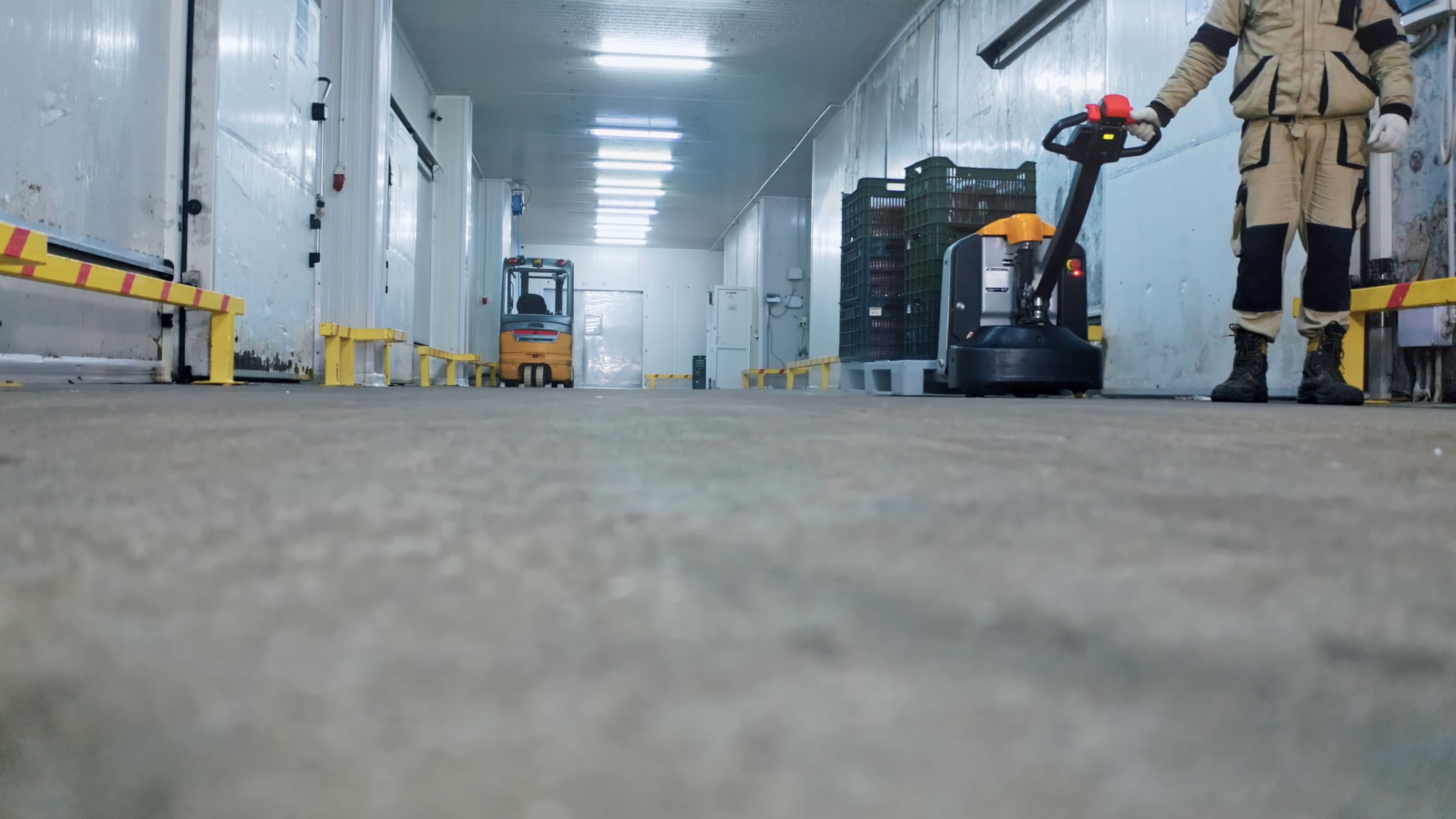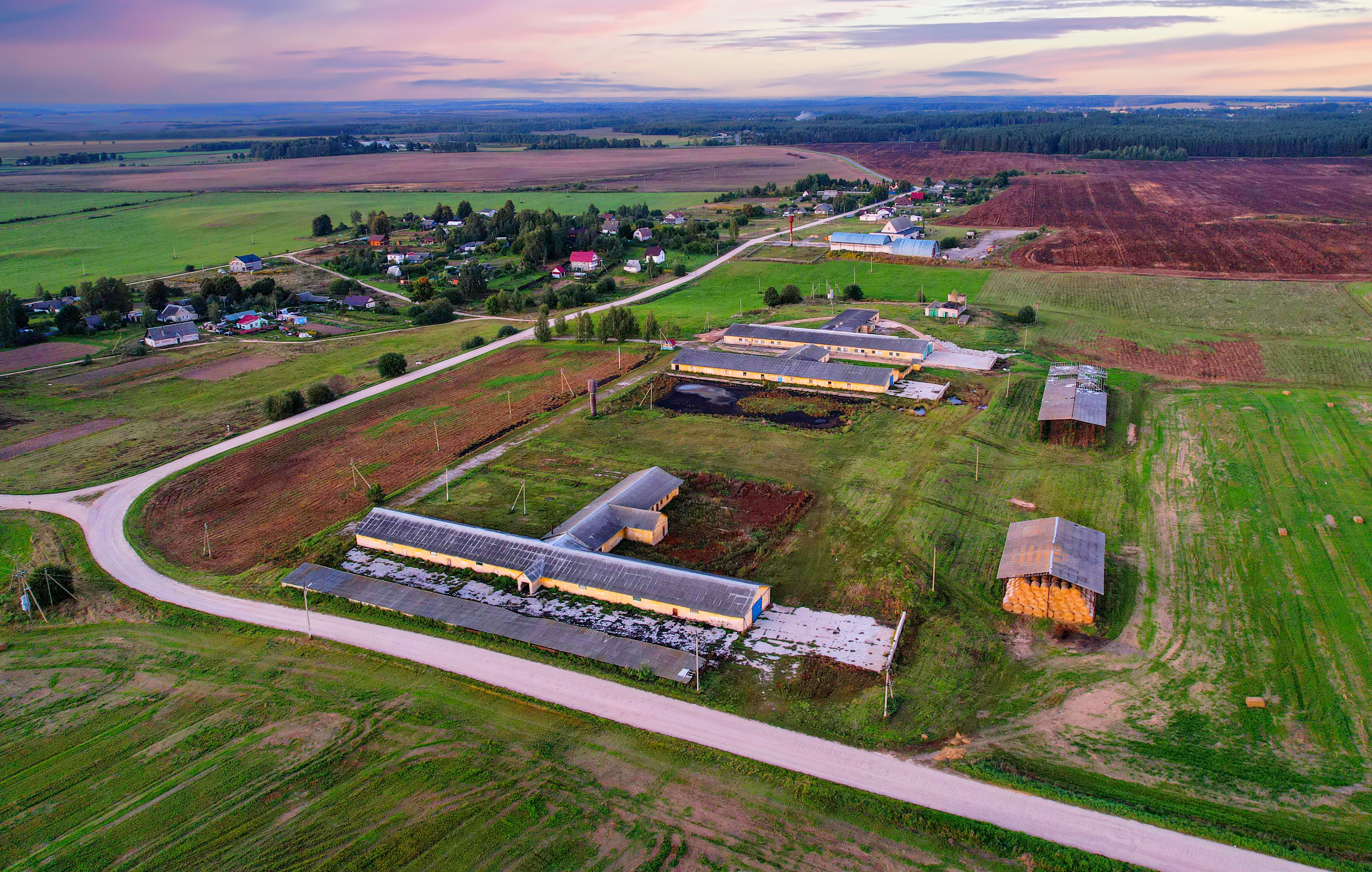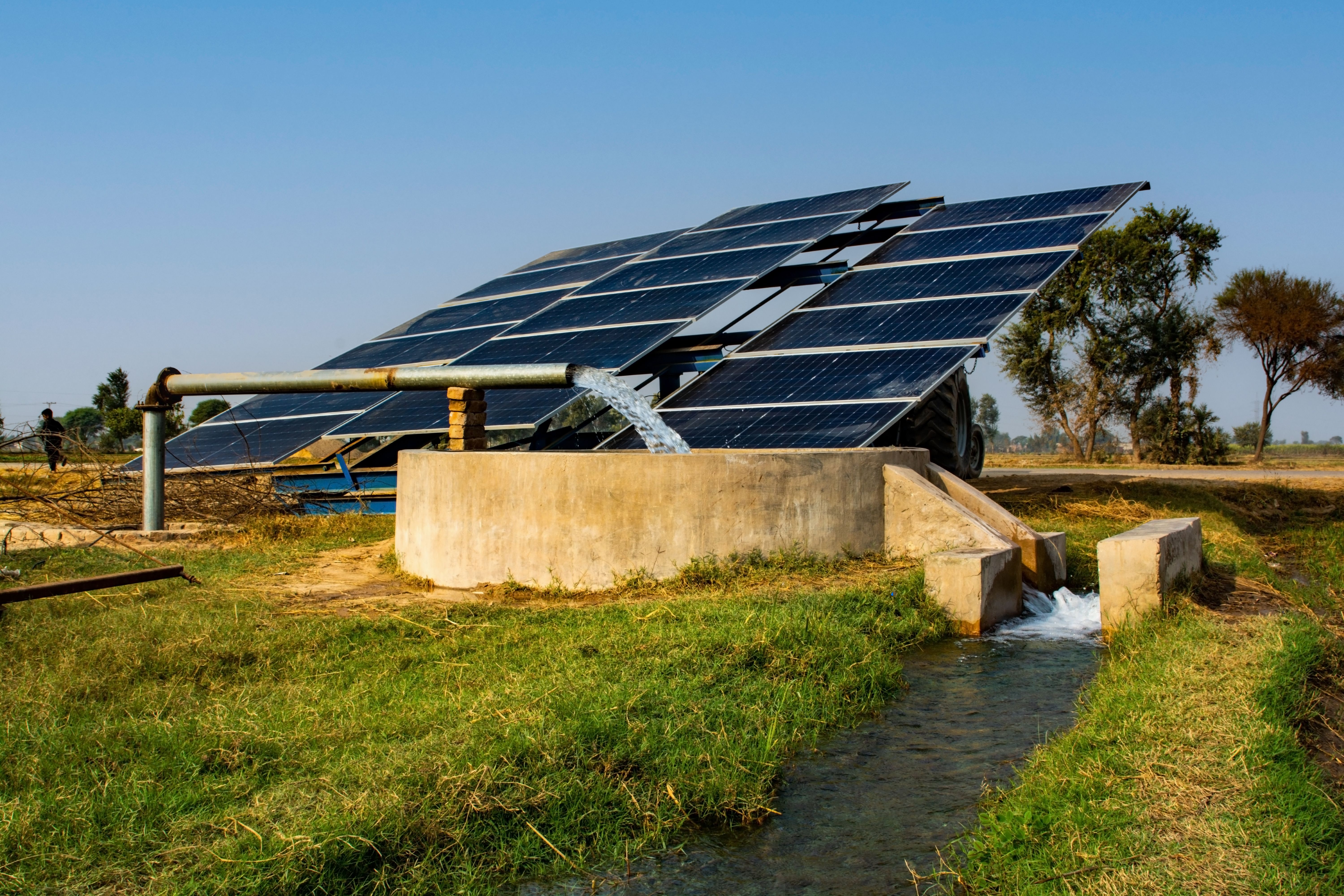The Role of Cold Rooms in Advancing Agriculture and Livestock in Nigeria and Africa
Introduction to Cold Rooms
In recent years, cold rooms have become an essential component in the advancement of agriculture and livestock industries across Nigeria and Africa. These refrigerated storage facilities play a critical role in preserving the quality of perishable goods, thereby reducing post-harvest losses and enhancing food security. As Africa continues to face challenges related to food production and distribution, cold rooms offer innovative solutions that boost efficiency and sustainability in the agricultural sector.

Enhancing Crop Preservation
One of the primary benefits of cold rooms in agriculture is their ability to extend the shelf life of fruits, vegetables, and other crops. With high temperatures prevalent in many parts of Africa, perishables are at risk of spoilage soon after harvest. Cold storage facilities help maintain optimal temperatures and humidity levels, which are crucial for keeping produce fresh. By doing so, farmers can reduce waste, increase profitability, and ensure a consistent supply of fresh produce to the market.
Reducing Post-Harvest Losses
Post-harvest losses remain a significant challenge for African farmers. It is estimated that up to 40% of some crops are lost after harvest due to inadequate storage facilities. Cold rooms mitigate this issue by offering a controlled environment that prevents spoilage and maintains product quality. As a result, these facilities directly contribute to improving the livelihoods of farmers by safeguarding their produce.
Supporting Livestock Management
In addition to crop preservation, cold rooms play a pivotal role in livestock management. Proper storage of meat and dairy products is essential to prevent contamination and maintain food safety. Cold storage helps keep these products fresh for extended periods, allowing for better distribution and less spoilage. This advancement is particularly important for regions with limited access to refrigeration technology.

Facilitating Dairy Production
Dairy farming is a growing industry in Africa, but it faces challenges related to product preservation. Cold rooms provide a solution by offering a reliable means to store milk and other dairy products at low temperatures. This capability not only ensures product quality but also allows producers to expand their reach into larger markets by maintaining the freshness of their products during transportation.
Challenges and Opportunities
While cold rooms present numerous advantages, there are challenges that need addressing to maximize their impact. High initial costs and energy requirements pose significant barriers for widespread adoption. However, with advancements in solar-powered cold storage technology and increased investment in infrastructure, these challenges can be mitigated. There are also opportunities for local entrepreneurs to invest in cold chain logistics, which can foster economic growth and create jobs.

Future Prospects
The future of cold rooms in advancing agriculture and livestock in Nigeria and Africa is promising. As technology evolves, these facilities will become more accessible and affordable for smallholder farmers. Governments and private sectors can collaborate to provide training and resources that empower farmers to make the most of cold storage solutions. By doing so, they will not only improve food security but also strengthen the agricultural economy across the continent.
Conclusion
Cold rooms are transforming the agricultural landscape in Nigeria and Africa by enhancing food preservation, reducing waste, and supporting sustainable practices. As these facilities become more prevalent, they will play an increasingly important role in ensuring food security, boosting economic growth, and improving the livelihoods of millions across the region. Embracing cold storage technology is a vital step toward a prosperous agricultural future for Africa.
